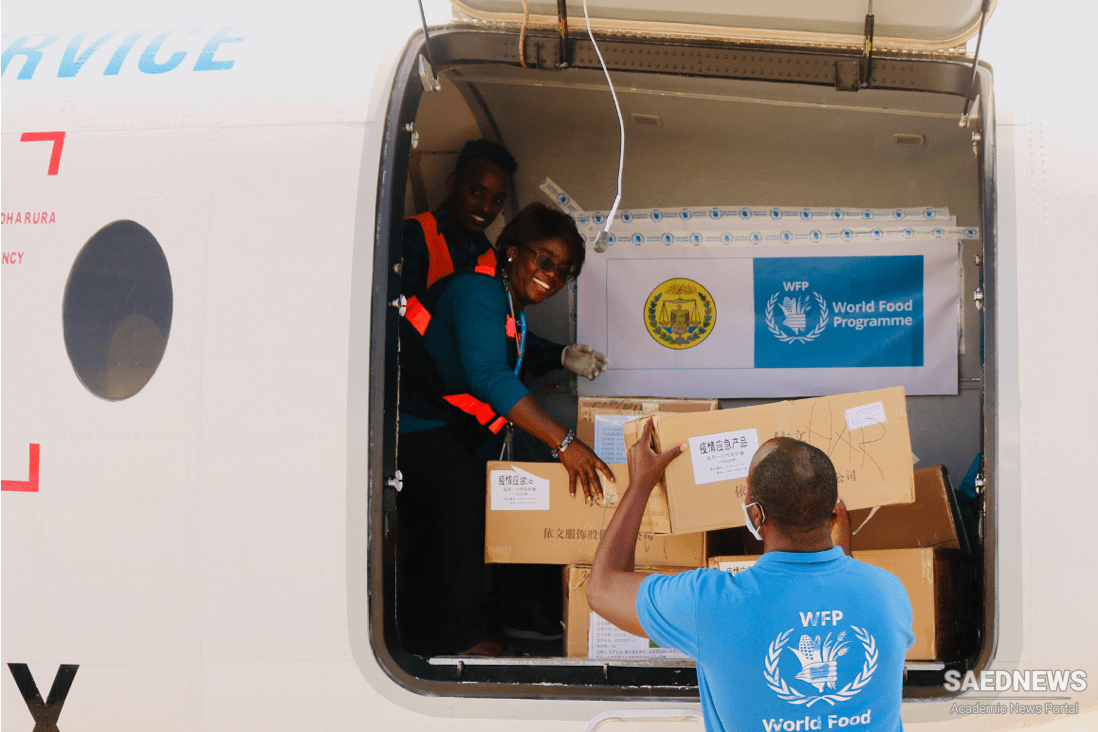Like the other specialized agencies of the UN system, FAO was to have its own budget based on assessed, not voluntary, contributions from its member states. These contributions were augmented by resources from the UN Technical Assistance Board (TAB), later the Expanded Programme of Technical Assistance (EPTA) and the UN Special Fund (SF). EPTA and the SF were amalgamated in 1965 to form the United Nations Development Programme (UNDP). Trust funds were also deposited by donor governments in FAO for special projects and programmes that they wished the organization to implement. The Quebec conference discussed both problem of food shortages and the possible recurrence of food surpluses that had existed before the war. Concerning shortages, it foreshadowed the need for an internationally representative body to allocate scarce supplies. As to surpluses, it prophesized the need for national agricultural adjustment programmes, framed in the light of international review and consultation, and advocated international commodity agreements and special international measures for wider food distribution. The conference also recommended that ‘adequate reserves should be maintained to meet all consumption needs’ and that ‘provision should be made, when applicable, for the orderly disposal of surpluses’. Taken together, ‘these recommendations constituted a surprisingly accurate forecast of what the world would need in the post-war decade’. Intent on achieving the long-term objective of improving overall food intake, the conference at Hot Springs had recommended that ‘adequate reserves should be maintained to meet all consumption needs’ and that ‘provision should be made, when applicable, for the orderly disposal of surpluses’. It went into some detail about ‘functional disorders’ in the world distribution of food but had little to say about planning for emergencies. This reflected the broad approach taken at the time. Intent upon the long-term objective of improving overall food consumption, the conference gave little attention to accidental (but recurring) disruptions in supplies that required emergency assistance. The urgent task of providing the warravaged countries of Europe and Asia with food and other essential relief goods was addressed at another conference held in Washington, DC in November 1943, which led to the establishment of the United Nations Relief and Rehabilitation Administration (UNRRA).


 FAO: A Comprehensive Plan for Management of World Food, Nutrition and Agriculture
FAO: A Comprehensive Plan for Management of World Food, Nutrition and Agriculture














































